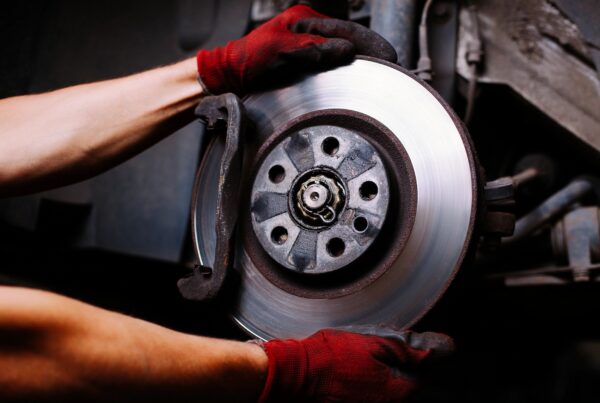By using sugar, researchers from the Monash Energy Institute and CSIRO have created a basis for the next generation of batteries used in aviation, electric vehicles, and submarines.
Years ago, lithium-ion batteries changed the automotive industry by allowing the leap into sustainability.
However, as society continues to abandon fossil fuels at a large scale, new battery chemistries with higher storage capacities and lower demands on critical minerals are going to be central to the continuation of climate conscious vehicle manufacturing.
Lithium-sulfur batteries use a glucose-based additive on the web-like structure of the electrode, stabilising the sulfur and preventing it from moving and blanketing the lithium, stopping rapid deterioration and ultimately the breakdown of the battery.
The lithium-sulfur battery technology is a longer-lasting, lighter, and a more sustainable rival to the lithium-ion batteries.
“In less than a decade, this technology could lead to vehicles including electric buses and trucks that can travel from Melbourne to Sydney without recharging,” says lead author Professor Mainak Majumder, from the Department of Mechanical and Aerospace Engineering and Associate Director of the Monash Energy Institute.
“It could also enable innovation in delivery and agricultural drones where light weight is paramount.”
The energy research and innovation company Enserv hope to develop and manufacture the batteries in Australia.
“We would be looking to use the technology to enter the growing market for electric vehicles and electronic devices,” Managing Director of Enserv Australia, Mark Gustowski said.
“We plan to make the first lithium-sulfur batteries in Australia using Australian lithium within about five years.”





















